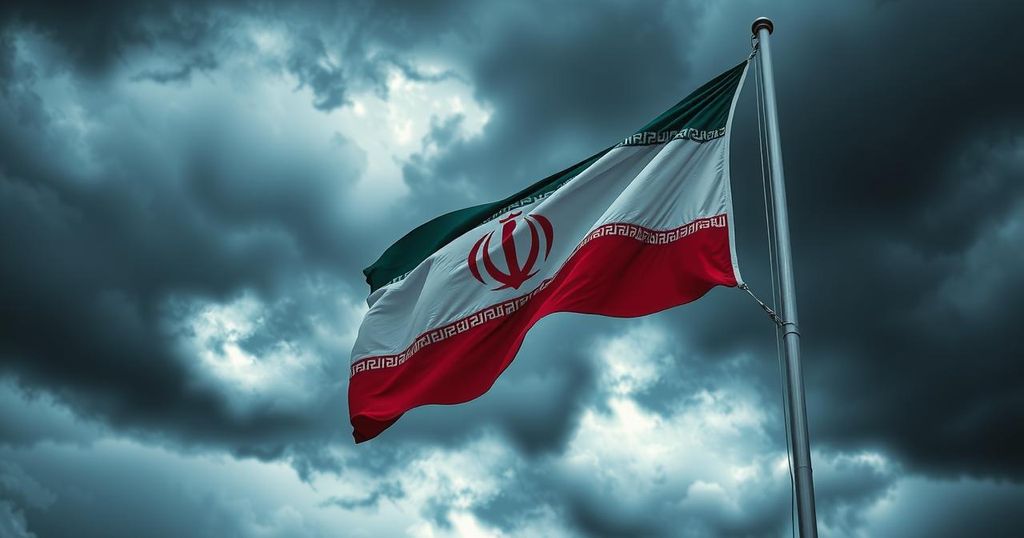The Trump administration is set to compel more companies, including Chevron, to halt operations in Venezuela, intensifying pressure on President Maduro. Several companies have been advised to conclude their operations within 30 days following the potential revocation of their waivers. This move could severely impact Venezuela’s economy, which is deeply reliant on oil, risking significant economic contraction.
The Trump administration is preparing to require more companies to cease operations in Venezuela, following orders for Chevron Corp. to withdraw. Companies like French oil producer Etablissements Maurel & Prom SA and a Florida asphalt company run by Harry Sargeant have been informed that they will have 30 days to cease operations once the U.S. revokes their sanctions waivers. The Treasury Department may start this process imminently.
The withdrawal of these companies would significantly impact Venezuela’s struggling economy, amplifying pressure on President Nicolas Maduro. The Trump administration is leveraging this situation to negotiate democratic reforms within Venezuela and to facilitate the acceptance of more Venezuelan migrants in the U.S. Chevron was directed to conclude its operations by April 3, a markedly shorter timeline than the standard six-month period.
Venezuela’s economy, heavily reliant on oil, has suffered due to the ineffectiveness of its state oil company, exacerbated by years of disinvestment. Companies like Chevron, which received permission from Washington to operate, have been essential for economic stability. Other companies, such as Spain’s Repsol SA and Italy’s Eni SpA, are also uncertain about their operational status pending U.S. decisions.
According to estimates from Ecoanalítica, joint operations between Chevron and Petroleos de Venezuela SA account for a quarter of the Maduro regime’s revenue projected for 2023 and 2024. The loss of Chevron could lead to an economic contraction of up to 7.5 percent this year, as indicated by the opposition-led Finance Observatory.
A recent visit from Trump adviser Rick Grenell to Maduro aimed to reinvigorate dialogue, which resulted in the release of six U.S. prisoners and the continuation of deportation flights. Recently, 166 Venezuelan migrants have returned to their homeland, with the latest flight arriving on February 20. Maduro, however, has minimized the potential fallout from Chevron’s cessation of operations, asserting that output will remain stable.
The U.S. government’s potential order for companies to withdraw from Venezuela, especially Chevron, poses a significant risk to the already fragile Venezuelan economy. By imposing strict timelines on these companies, the Trump administration seeks to leverage economic pressure for political negotiations with Maduro’s government. The outcomes of these actions may reshape Venezuela’s economic landscape, with forecasts indicating a noteworthy contraction amid the withdrawal of crucial oil industry support.
Original Source: www.business-standard.com




